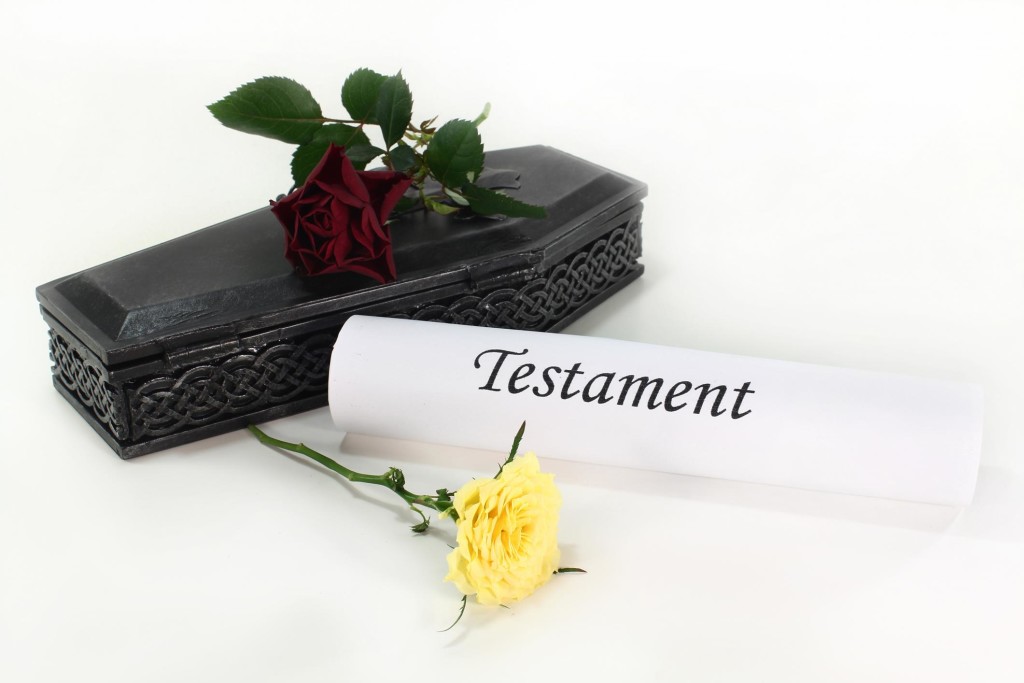
This question frequently arises (where a spouse, child or sibling was living with the deceased), and it is often the cause of unnecessary concern & anxiety.
Following your death, family-members may have a challenge in finding new accommodation quickly; they may not have the finances available and if the house is sold quickly, could be rendered homeless.
Is there some way to delay the sale-after-death for a reasonable period to allow the family-member some time to adjust to his new circumstances; to cope with the grief of losing you, and to build-up finances towards a deposit for his own property or to find a suitable home to rent and move out?
Yes – there IS a way! In your Will, you can create a testamentary trust leaving the house on trust, to be used by the intended person (let’s call that person the Tenant), with a clause in your Will saying that the Tenant can stay in the property for the agreed period.
The trustees of the house won’t be allowed to sell it without the Tenant’s consent. It is not theirs to sell.
Your Will can contain all sorts of additional conditions, such as whether the Tenant will be obliged to insure the house correctly, pay rent and keep it in good repair.
There may be an agreement that the Tenant can move to a replacement property under the same terms, say if the original property becomes too much for the Tenant to mange and maintain. If a replacement house of less value is purchased the spare funds will go into the deceased’s residuary estate.
This, of course, only works if the property can be passed on this way in a Will and the house isn’t required to be sold immediately for cash for a particular reason, perhaps to clear a tax bill or to pay a specific monetary legacy.
When the agreed time period is over the Tenant must move out and the property will be passed on to whomever is named in the Will. This person is known as the Remainderman. This can be before the time period has been completed if the Tenant wishes to move out earlier.
This is one option to consider in your Will to provide peace-of-mind for your loved ones.
Rod Genders is a senior Australian lawyer specialising in accident compensation and estate planning and Wills in Adelaide. His boutique specialist law firm is one of the oldest and most respected in Australia – visit it at www.genders.com.au . Rod is also a prolific author and speaker. Some of his articles and books on Wills, Probate, Trusts, Estate Planning, Asset Protection and Retirement Planning may be found at www.genders.com.au/adelaide-lawyer-blog.
SPECIAL REPORT “7 Things You Must Know Before You Make Your Will”
In this report you will Learn:

Why home-made Wills can be a LOT more expensive than you might think.
The secret weapons used by the rich & powerful to protect their assets, and transfer their wealth two or three generations ahead.
How Estate and Trustee Companies make BIG money from “free” Wills.
The Most Common Estate Planning Mistakes, how they can cost your family a fortune, and How to Avoid Them.
The Elements of a Sound Estate Plan – why a Will alone is not enough.
How to Make Sure Your Assets Stay in Your Family and are not lost to creditors, lawsuits or ex-spouses.
How to guard against challenges to your Estate after you’re gone.
